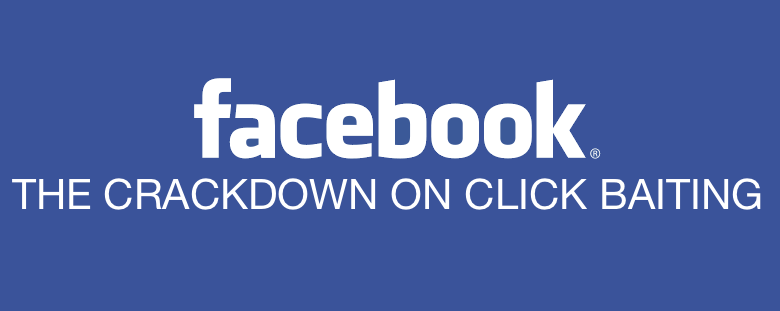Facebook to Demote Click Bait Articles
You can never guess what happened next – Does that sound familiar? Such articles are fairly common on Facebook – articles carrying alluring headlines and little information, forcing you to click on the link to know what the story is all about. Known as click baiting – this one trick is aggressively used by a number of enterprises to attract traffic on to their website. But with Facebook’s latest change in its NewsFeed algorithm, you are going to see much less of such articles. According to the social media giant, authentic stories on a person’s NewsFeed is one of the most important values guiding its thinking and work ethos. To improve its users’ experience on the platform, it is said to have addressed feedback which has been complaining about spammy, misleading articles.

Facebook, in its own terms will identify click bait articles by relying on the following two key points:
- if the headline withholds information required to understand what the content of the article is; and
- if the headline exaggerates the article to create misleading expectations for the reader.
The system employed by the company works similarly to many email spam filters. It identifies entities from which such articles come and demote them in your NewsFeed. With consistent monitoring, if the trend of posting such articles recedes, the links are reconciled to their earlier standing. Earlier, Facebook used to determine the incidence of clickbait articles by measuring the amount of time a user spends on a particular website after clicking on a link.
Journalists and intellectuals from across the world have welcomed this decision. According to a vast section of enlightened denizens of the journalist community, such trends have encouraged media outlets to sensationalise, trivialise and hence, degrade the quality of their content. They acknowledge the fact that the quality of online journalism had seen a worrying decline following in such materialistic and purely monetary trends, with little regard to journalistic ethics or reader interest.
Comments
- Advertisement -

